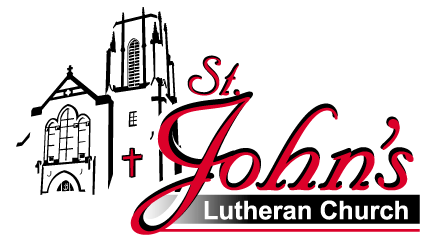When Jesus was born in Bethlehem in the land of Judah, after Joseph and Mary had returned from Jerusalem to Bethlehem with their child, the wise men from the East came to worship the newborn King of the Jews. The East from which these men came was probably the land of Babylonia, the homeland of Balaam, where Judah had been taken into captivity, and where many Jews still lived at that time. The wise men or Magi of Babylonia formed the caste of scholars and were particularly interested in astronomy. The wise men, of whom we are reporting here, had already heard of the hope of Israel in their place and also heard that the Gentiles would have a share in the kingdom of the Messiah of Israel. While they were searching and investigating in the sky, a wonderful star suddenly appeared, which showed them that Israel’s hope had now been fulfilled and that the star of Jacob, of which Balaam had spoken, had risen. God had placed this star in the sky for them and also revealed its meaning to them. So they set out to do their part to pay homage to the King and Savior of the Jews and Gentiles. God had put this in their hearts. That is the beginning of faith, that a poor sinful person becomes aware of Jesus, longs for salvation in Christ, seeks Christ, comes to Christ. Such longing for Christ, the salvation of the world, is a work of God in the hearts of men.
The wise men first sought Christ in Jerusalem, the capital of the Jewish land. But they did not find what they were looking for there and were bitterly disappointed. At that time, King Herod, an Edomite by birth and a pagan in spirit, resided in Jerusalem. He had only outwardly adopted the Jewish religion out of love for the Jews. He was frightened when he heard the news of the birth of Christ. He feared that this King Christ could push him from the throne. He did not know that Christ’s kingdom was not of this world. Because he was afraid of him, he immediately became angry and hostile towards the child Jesus. He feigned friendship, pretending that he too would come and worship the child if the wise men had found it and told him about it. But in his heart he had already decided to kill the child. That is why he was so anxious to find out the time when the star had appeared. The entire population of Jerusalem, who shared the king’s views, was frightened along with Herod. Herod called the high priests, that is, the heads of the 24 priestly classes, and the scribes to consult to find out where Christ would be born. These spiritual leaders of Israel had an external knowledge of the Scriptures, but the content of the Scriptures, the Christ of whom the Scriptures testified, left them cold. They also felt no desire or inclination to worship the newborn King of the Jews. Christ came unto his own, but his own did not receive him. Christ is not received well in this world. The powerful, wise, learned of this world, even those who have the appearance and name of virtue and piety, are enemies of Christ. They love darkness more than light. And often the hostility to Christ stems from a secret fear of the Son of God and his judgment. There are also hypocrites everywhere, like Herod, who speak sweet and beautiful words about the child Jesus, but hate Christ in the depths of their hearts.
But the wise men did find one thing in Jerusalem: the word of prophecy. They heard from the mouth of the scribes the word of Micah about Bethlehem Ephratha, where Christ, the prince of Israel, was to be born (Mic 5:1). Micah had said of Bethlehem Ephratha: “You are little among the thousands—that is, the clans—of Judah.” Bethlehem, the city of David, had become so small that its population barely contained one family. It says: “You are by no means least among the princes—that is, heads of families—of Judah.” The great son of David, whose origin is from eternity, brings honor to little Bethlehem. Micah’s prophecy thus directed the wise men to Bethlehem, where they were to find Christ. Yes, it is the Scripture that points to Christ and leads to Christ.
The wise men were not put off by the bad example that Jerusalem gave them, but continued on and, guided by the friendly star, came to Bethlehem and there found the one they were looking for. They fell down and worshipped the child as their Lord and God, gave him gold, frankincense and myrrh. And then, with peace and joy in their hearts, they returned home to their country without turning back to Herod. These are the first fruits of the Gentiles. This is a wonderful example of faith. Anyone who has the right faith does not allow himself to be challenged by the fact that this Christ is contradicted everywhere. His heart is set straight on Christ. He bows in reverence before Christ, the Son of God. He serves his Lord and King with joy. He also willingly brings his gifts and sacrifices to promote the kingdom of Christ.




